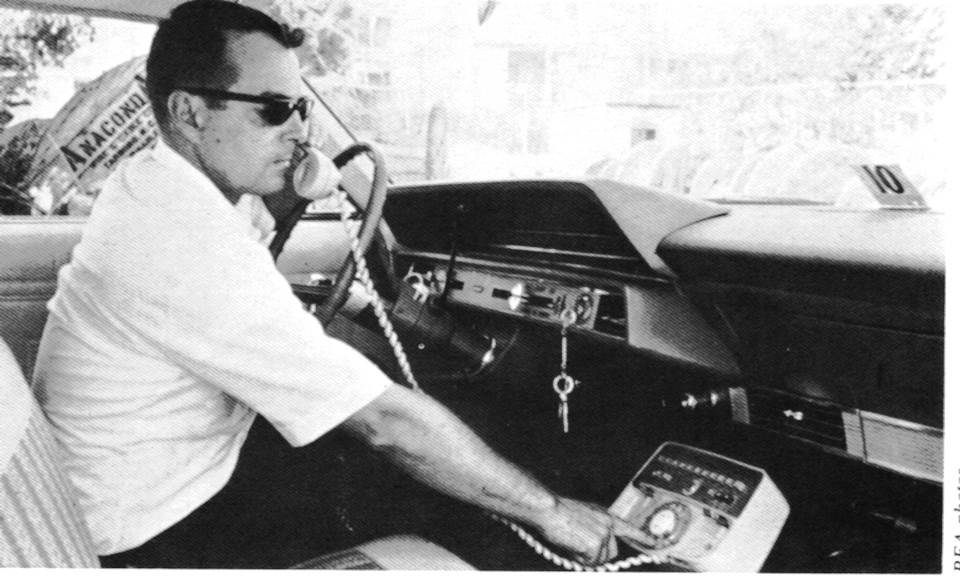David J. Cord, who wrote the book on Nokia’s collapse (quite literally), just did an Ask Me Anything at Reddit about all things mobile. A few exchanges follow.
______________________________
Question:
What do you think is the future in mobile?
David J. Cord:
A new disruption will happen within about five years, maybe much sooner. Historically, a disruption occurs whenever the next generation of mobile technologies becomes fairly widespread. 4G is just starting to take off.
I think the next disruption could be wearable devices. But not Google Glass. Glass comes from Google’s existing business – primarily communication, search and location-based services. By definition, the disruption will come from out of the blue. It will either be a new player in the industry or a startup. But it won’t be Google, and it won’t be Apple or Samsung.
______________________________
Question:
Will we see a big improvement on mobile phone battery life any time soon?
David J. Cord:
No. The demands for power are increasing faster than battery technologies. I know there are some potentially big improvements that are being worked on, but it is difficult to commercialise them and make them financially viable. I suspect over the next few years battery life will either stay stagnant or even get worse.
______________________________
Question:
Are you able to discuss the privacy implications of the newest mobile devices – tracking by GPS, Google Glass and facial recognition software – and how you see that evolving?
I’m a Luddite with a flip phone who won’t go near anyone wearing Google Glass if I can avoid it.
David J. Cord:
Tracking is becoming all-pervasive, and the very concept of privacy is morphing into something entirely different. In some ways, this is brought about by the consumer: younger kids are much more willing to share extremely private information to their friends and the world at large. Meanwhile, technology is collecting more and more information.
One industry expert explained to me how pictures posted online could be used, and it was quite disquieting. Geotagging, information about time and place and habits are all collected.
Technology moves much faster than regulations, so it will be some time before we become used to the current state of privacy and what is allowed and what is not allowed. It will take public debate.
Question:
I dislike what the NSA is doing, but what the big consumer marketing companies are gathering on everybody is terrifying.
I won’t touch Facebook or Twitter, I go to great lengths to keep my information off Google (Google my real name in any permutation and nothing accurate will come up, thank God), but I feel like it’s a losing battle. Who wants to live in a glass fishbowl? <sigh>
David J. Cord:
There is a balance to consider. Do you want to be able to interact freely online? Do you need to use online communications for your job? Then you have to be willing to give up some privacy. Is privacy more important? Then you have to be willing to give up some ease of using online communications.
Everyone needs to decide what is more important for them.
______________________________
Question:
Do you think one day we will have phones / devices implemented into our bodies? Take Google Glass for example, and place the entire device in your head.
David J. Cord:
Yes, but it probably won’t be common as soon as some of the futurologists think. There are a lot of hurdles that need to be jumped first. There are technological challenges, as well as societal, health and regulatory. For instance, would this be considered a medical device and need FDA approval? It depends upon what it does, and what the regulators think it does.•
Tags: David J. Cord

